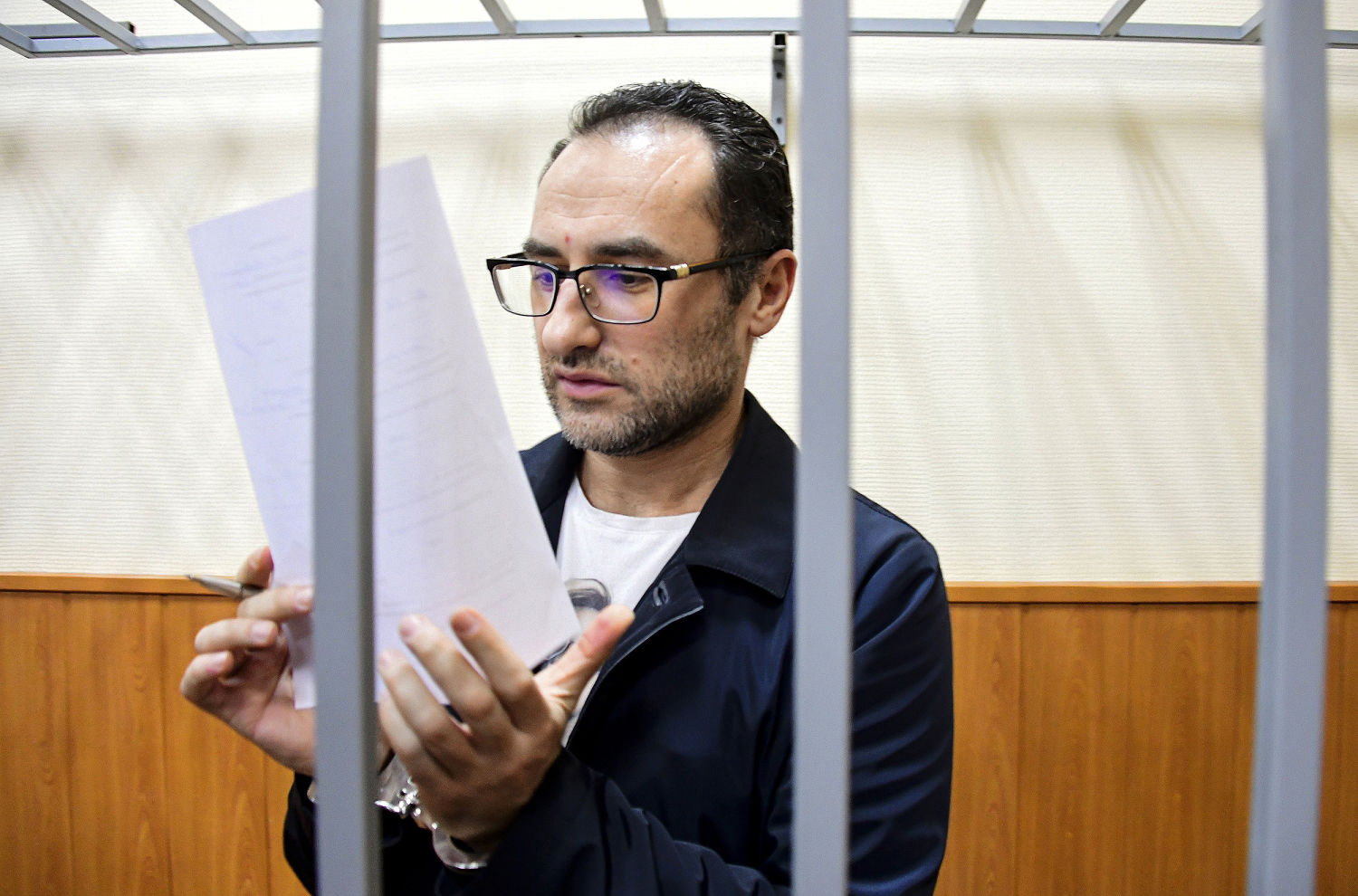US wins its GMO corn case against Mexico, but in front of the wrong court

Last Friday, a dispute settlement panel convened under the U.S.-Mexico-Canada Agreement ruled in favor of the U.S. on two Mexican measures blocking imports of genetically modified corn.
The U.S. won all its legal claims. Mexico sought to get the panel to forgive any transgressions by invoking three exceptions, but none of them worked. As U.S. Trade Representative Katherine Tai explained, the ruling “affirms that Mexico’s approach to biotechnology was not based on scientific principles or international standards.”
It was, indeed, the right verdict. But the U.S. got it in the wrong court. The case should have been filed, instead, at the WTO. A win in Geneva would have had a chilling effect on a growing list of countries, including France to Thailand and Vietnam, which have put in place or are considering measures along the same lines as Mexico’s.
By way of background, Mexico issued a decree in 2020 calling for “achieving self-sufficiency and food sovereignty,” with corn as its centerpiece. Mexico’s president at the time, Andrés Manuel Lopez Obrador, then issued a second decree in 2023, setting out the “Tortilla Corn Ban” on human consumption, and “Substitution Instruction” on animal feed and industrial applications.
Disputes like this turn on the application of science. Mexico’s measures lacked science. They were not based on international standards, and Mexico had failed to do an appropriate risk assessment of its own.
Mexico’s lack of science was its undoing, and mentions of the “precautionary principle” did nothing to help in this regard. Once the panel established that there was no risk assessment behind Mexico’s measures, it made quick work of the rest of the claim, finding that the measures had been applied beyond the extent necessary and were more trade-restrictive than necessary, since there was no science to benchmark against.
Mexico had argued that the measures, even if illegal, were “necessary” to protect “public morals,” related to the conservation of biodiversity and the genetic integrity of native corn varieties, and would preserve the culture of indigenous peoples. The panel didn’t buy any of it, tying its reasoning to “the inadequacy of Mexico’s risk assessment.” There was no scientific basis for singling out genetically modified versus non-native, non-genetically modified corn.
The attempt to justify the measure based on conservation faced an added hurdle: Mexico had to show that its measures were worked with other domestic policies to mitigate the “threat” posed by genetically modified versus non-native, non-genetically modified corn to make the exception work. It couldn’t.
As for the indigenous rights exception, the panel was sympathetic to the idea of protecting native corn as a cultural issue, yet it didn’t see how this justified banning genetically modified corn, while neglecting to ban non-native, non-genetically modified varieties.
So, what now?
Mexico says that it disagrees with the panel’s findings but “will respect the ruling.” U.S. corn growers, who had feared losing access to their largest market, have called the legal victory “an incredible development.”
It is, but it would have been an even more incredible development had the case been won at the World Trade Organization.
The Biden administration didn’t file a WTO case. The word on the street is that it was loath to file a case on Mexican corn for fear of limiting its own “policy space” to regulate genetically modified crops. In this view, filing the case under the U.S.-Mexico Canada Agreement helped limit any defensive liabilities resulting from the win.
This was a mistake.
A WTO panel would have reached the same verdict and sent a warning to 165 other countries (as opposed to two) to implement sanitary and phytosanitary measures grounded in science, not political narratives.
The lesson of Mexico and corn is that dispute settlement can work. The incoming Trump administration should keep this in mind when thinking about the July 2026 review of USMCA — and about reforming the WTO.
Marc L. Busch is the Karl F. Landegger Professor of International Business Diplomacy at the Walsh School of Foreign Service, Georgetown University, and a Global Fellow at the Wilson Center’s Wahba Institute for Strategic Competition.
-

The end of the 'Rust' criminal case against Alec Baldwin may unlock a civil lawsuit
The conclusion of a criminal case against Alec Baldwin in the fatal shooting of a cinematographer may clear the way for a related civil lawsuit by relatives of the deceased woman and efforts to ...ABC News - 24m -
Prosecutor drops appeal, ending case against Alec Baldwin in "Rust" shooting
The appeal had asked the court to reinstate charges, including involuntary manslaughter, against Alec Baldwin.CBS News - 3h -
'Rust' criminal case against Alec Baldwin officially ends as prosecutor withdraws appeal
Prosecutors have abandoned efforts to appeal a New Mexico judge's decision to toss the involuntary manslaughter charge against Baldwin, ending the botched case.Los Angeles Times - 7h -
US, UK condemn Pakistani military court convictions of Imran Khan supporters
The United States and the United Kingdom have expressed deep concern over the recent handing down of convictions by Pakistani military courts to 25 civilian supporters of former Prime Minister ...ABC News - 16h -

Russian court sentences US citizen to 15 years in jail for espionage
A Russian court has sentenced a U.S. citizen to 15 years in jail for espionage on Tuesday, according to Russian state media outlets. Eugene Spector, who was born in Russia but later moved to the ...The Hill - 8h -

Questions Emerge About Data Used by China to Defend Against Doping Allegations
China and the World Anti-Doping Agency say that positive tests for a banned drug among elite Chinese swimmers were a result of unwitting contamination. But the science behind that assertion is not ...The New York Times - 15h -

Russian court jails U.S. citizen Eugene Spector for 15 years in espionage case, state news reports
A Russian court has sentenced U.S. citizen Eugene Spector to 15 years in jail for espionage, Russia’s RIA state news agency reported on Tuesday.NBC News - 15h -
How Israel pulled of its exploding pagers plot against Hezbollah
CBS News' "60 Minutes" got an inside look at how Israel pulled off one of the most daring and sophisticated intelligence operations in history. In the so-called pager plot, devices worn by members ...CBS News - 1d -
Eli Lilly looks to extend its winning streak over the broader market to 6 years
The drugmaker's ability to further expand available supply of its obesity and weight loss drugs is crucial.CNBC - 1d
More from The Hill
-
'Murder hornets' eradicated from United States
The Hill - 2h -

Soda manufacturers push to keep sugary drinks on SNAP list
The Hill - 3h -

Eggs added to FDA's updated healthy claim food list
The Hill - 3h -

Virginia Democrats see next month's special elections as first major test of 2025
The Hill - 3h -

NASA probe attempts historic Christmas Eve approach to the sun
The Hill - 4h